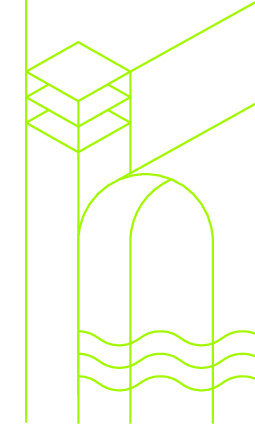|
|
|
| Module code: BMA201 |
|
|
4VU (4 hours per week) |
|
6 |
| Semester: 2 |
| Mandatory course: no |
Language of instruction:
German |
Assessment:
Project work
[updated 27.01.2023]
|
BMA201 (P110-0155) Civil and structural engineering, Master, ASPO 01.04.2022
, semester 2, optional course
|
60 class hours (= 45 clock hours) over a 15-week period.
The total student study time is 180 hours (equivalent to 6 ECTS credits).
There are therefore 135 hours available for class preparation and follow-up work and exam preparation.
|
Recommended prerequisites (modules):
None.
|
Recommended as prerequisite for:
|
Module coordinator:
Prof. Dr.-Ing. Alpaslan Yörük |
Lecturer:
Prof. Dr.-Ing. Alpaslan Yörük
[updated 15.01.2025]
|
Learning outcomes:
After successfully completing this module, students will:
have improved their knowledge about the fundamentals of fluid mechanics.
be able to build hydrodynamic-numerical models, as well as carry out simulations and evaluate/analyze model results.
be able to apply their knowledge and understanding, as well as their problem-solving skills scientifically to new, unfamiliar situations and in interdisciplinary projects
be able to carry out their own application-oriented projects and independent research activities.
[updated 27.01.2023]
|
Module content:
Theoretical foundations of hydrodynamic-numerical (HN) models
Fundamentals of HN model solutions
Using HN models (incl. pre- and post-processing)
[updated 27.01.2023]
|
Teaching methods/Media:
Tutorial in the PC room
[updated 27.01.2023]
|
Recommended or required reading:
Recommendations will be made within the framework of the course
[updated 27.01.2023]
|


